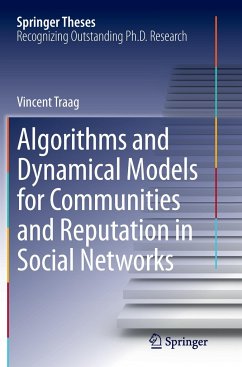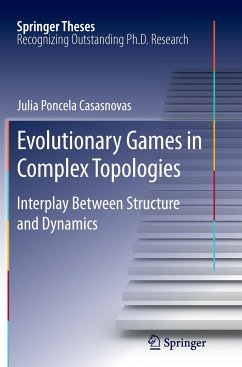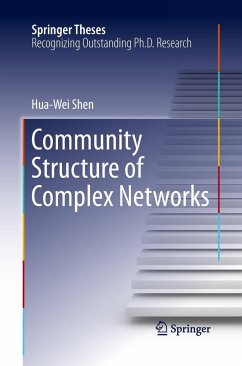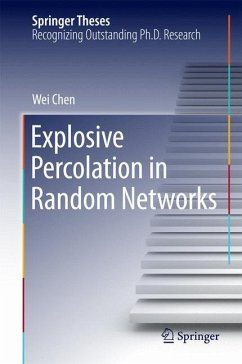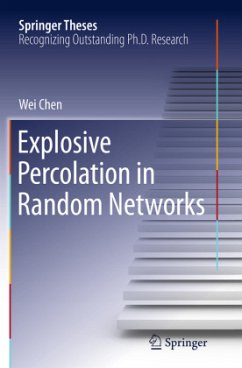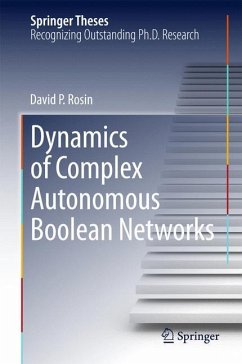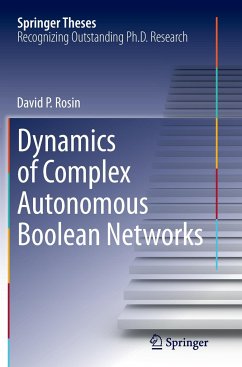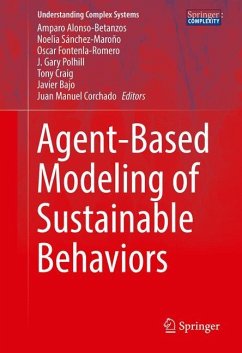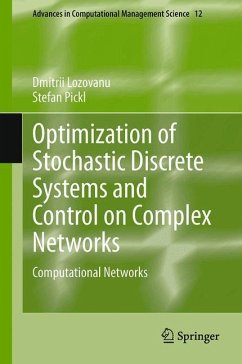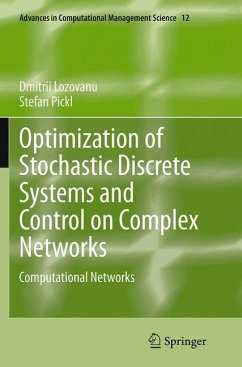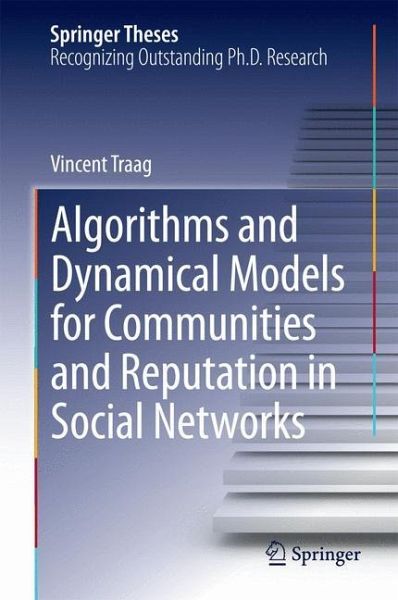
Algorithms and Dynamical Models for Communities and Reputation in Social Networks
Versandkostenfrei!
Versandfertig in 6-10 Tagen
76,99 €
inkl. MwSt.
Weitere Ausgaben:

PAYBACK Punkte
38 °P sammeln!
A persistent problem when finding communities in large complex networks is the so-called resolution limit. This thesis addresses this issue meticulously, and introduces the important notion of resolution-limit-free. Remarkably, only few methods possess this desirable property, and this thesis puts forward one such method. Moreover, it discusses how to assess whether communities can occur by chance or not. One aspect that is often ignored in this field is treated here: links can also be negative, as in war or conflict. Besides how to incorporate this in community detection, it also examines the...
A persistent problem when finding communities in large complex networks is the so-called resolution limit. This thesis addresses this issue meticulously, and introduces the important notion of resolution-limit-free. Remarkably, only few methods possess this desirable property, and this thesis puts forward one such method. Moreover, it discusses how to assess whether communities can occur by chance or not. One aspect that is often ignored in this field is treated here: links can also be negative, as in war or conflict. Besides how to incorporate this in community detection, it also examines the dynamics of such negative links, inspired by a sociological theory known as social balance. This has intriguing connections to the evolution of cooperation, suggesting that for cooperation to emerge, groups often split in two opposing factions. In addition to these theoretical contributions, the thesis also contains an empirical analysis of the effect of trading communities on internationalconflict, and how communities form in a citation network with positive and negative links.




